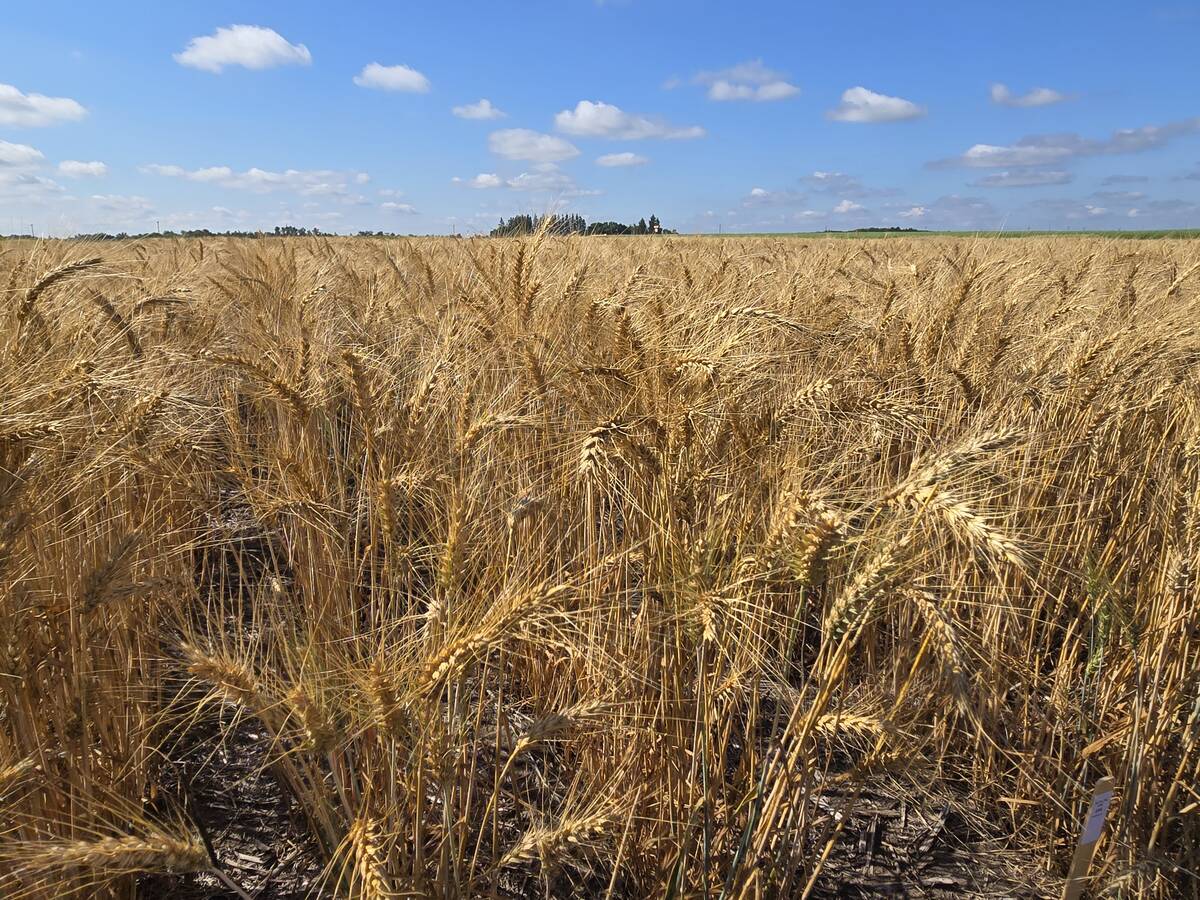Producers were urged to immediately report ractopamine accidents or they could imperil their own futures as well as the Canadian hog industry.
Hog industry leaders delivered that message during the Manitoba Pork Council annual meeting, as they strove to convince farmers to follow the ractopamine-free pork program’s rules.
“We’re your allies in this, to make sure you can get back to normal marketing as quickly as possible,” said Mark Fynn, the MPC’s quality assurance and animal care manager.
“If you do suspect or know that you have received ractopamine in your feed … your immediate responsibility is to alert Manitoba Pork Council or your establishment to make sure they’re aware.”
Read Also

Fall rye hits record high in Manitoba
Winter cereals 2025: More Manitoba fields grew fall rye in 2025 than ever before, but winter wheat slipped and, while spring stand survival was good, drought took its toll
Ractopamine is a safe product that increases lean mass in pigs, and improves feed efficiency.
Countries like China and Russia and blocs like the European Union ban it because of problems with other chemicals of the same family.
Its use became widespread in North America, but led to multiple trade problems when countries banned its import, or found traces in non-ractopamine treated pork.
The Canadian industry created a ractopamine-free program, something it hopes will preserve a $365 million per year market.
But last year one plant was found to have traces of ractopamine in its meat, leading to six Canadian plants being banned from exporting to China.
“They do test,” said Jacques Pomerleau of Canada Pork International.
That means Canadian packing plants are watching too, and won’t be happy with any producer in the racto-free program shipping tainted pigs their way.
Fynn said farmers in the program should ensure they get feed only from mills enrolled in the program, keep feed tags and paperwork from incoming and shipped pigs.
If a farmer finds that ractopamine in the feed, he needs to report it within 24 hours, said Fynn.
A self-reporting farmer will be able to get back faster into ractopamine-free sales faster than one who doesn’t report and is found out.
If everyone complies and reports, then the market should be safe, even with rumours of foreign auditors coming, he said.















